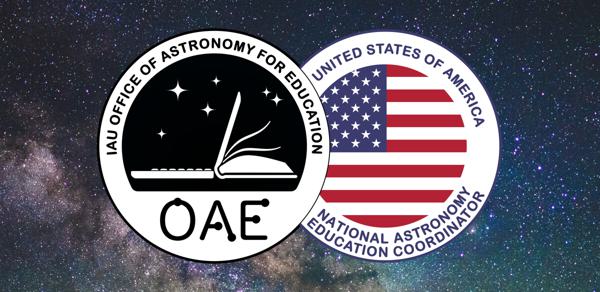Glossary term: Neutron
Description: A neutron is a subatomic particle with no electric charge. All the matter that we see around us is made up of atoms, and all atoms have the same basic structure: a tiny, dense nucleus of protons and neutrons that carries almost all of the atom's mass, surrounded by electrons. The number of protons is the "atomic number" of a nucleus, and each atom with a specific atomic number corresponds to a specific chemical element, whereas the number of neutrons determines which isotope of an element the nucleus represents.
When a star having a mass of approximately eight or more times that of our Sun nears the end of its life, its core collapses triggering a supernova explosion during which most of the protons of the atomic nuclei in its core capture electrons, transforming into neutrons and producing a neutron star, or if there are more than about three solar masses remaining in the imploding core, a black hole.
Related Terms:
See this term in other languages
Term and definition status: This term and its definition have been approved by a research astronomer and a teacher
The OAE Multilingual Glossary is a project of the IAU Office of Astronomy for Education (OAE) in collaboration with the IAU Office of Astronomy Outreach (OAO). The terms and definitions were chosen, written and reviewed by a collective effort from the OAE, the OAE Centers and Nodes, the OAE National Astronomy Education Coordinators (NAECs) and other volunteers. You can find a full list of credits here. All glossary terms and their definitions are released under a Creative Commons CC BY-4.0 license and should be credited to "IAU OAE".
If you notice a factual error in this glossary definition then please get in touch.








